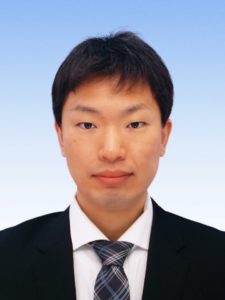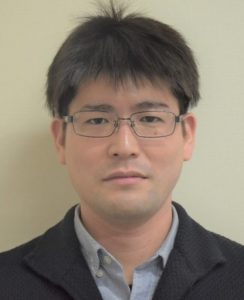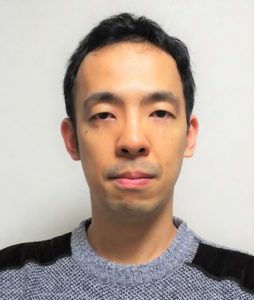Physical Chemistry Chemical Physics is redefining its scope.
PCCP has always been a home for work from across the breadth of physical chemistry, chemical physics and biophysical chemistry, in both experimental and theoretical fields. In light of the growth of computational and quantum chemistry over recent years, and with the emergence of machine learning and artificial intelligence (AI), PCCP is redefining its scope to explicitly include the emerging areas of quantum computing, machine learning and the data science field.
The updated journal scope statement can be found below:
The journal has a broad scope and welcomes contributions spanning experiment, theory, computation and data science. Topical coverage includes spectroscopy, dynamics, kinetics, statistical mechanics, thermodynamics, electrochemistry, catalysis, surface science, quantum mechanics, quantum computing and machine learning. Interdisciplinary research areas such as polymers and soft matter, materials, nanoscience, energy, surfaces/interfaces, and biophysical chemistry are welcomed if they demonstrate significant innovation and/or insight into physical chemistry. Joined experimental/theoretical studies are particularly appreciated when complementary and based on up-to-date approaches.
To facilitate submissions in this rapidly developing area, PCCP is delighted to appoint an additional Associate Editor in the growing fields of machine learning and data science. A separate announcement will be made shortly.
By expanding its scope, PCCP will now explicitly provide a home for physical chemistry, chemical physics and biophysical chemistry research spanning all four pillars of modern physical chemistry: experiment, theory, computation and data science.
For examples of the type of work PCCP would consider under the expanded scope please see our recent themed collection on quantum computing or the articles below:
High-throughput experimentation meets artificial intelligence: a new pathway to catalyst discovery
Katherine McCullough, Travis Williams, Kathleen Mingle, Pooyan Jamshidi and Jochen Lauterbach
Phys. Chem. Chem. Phys., 2020, 22, 11174-11196
Application and assessment of deep learning for the generation of potential NMDA receptor antagonists
Katherine J. Schultz, Sean M. Colby, Yasemin Yesiltepe, Jamie R. Nuñez, Monee Y. McGrady and Ryan S. Renslow
Phys. Chem. Chem. Phys., 2021, 23, 1197-1214
Machine learning approaches to understand and predict rate constants for organic processes in mixtures containing ionic liquids
Tamar L. Greaves, Karin S. Schaffarczyk McHale, Raphael F. Burkart-Radke, Jason B. Harper and Tu C. Le
Phys. Chem. Chem. Phys., 2021, 23, 2742-2752
DRACON: disconnected graph neural network for atom mapping in chemical reactions
Filipp Nikitin, Olexandr Isayev and Vadim Strijov
Phys. Chem. Chem. Phys., 2020, 22, 26478-26486
In conjunction with the scope expansion of PCCP, the RSC are also pleased to announce further developments in our portfolio with the launch of Digital Discovery, a new fully Open Access journal, which will focus on the integration of digital and automation tools with broadly defined science but anchored in chemistry. For more information, please see: www.rsc.li/digitaldiscovery.
PCCP looks forward to welcoming your next submission belonging to any of the four pillars of physical chemistry: experiment, theory, computation or data science.
Get in touch if you have any questions about our expanded scope.
|
Dr Anna Simpson
Executive Editor, PCCP
Royal Society of Chemistry
|
|
|
Professor David Rueda
Editorial Board Chair, PCCP
Imperial College London
|
|
|
Professor Wolfgang Ernst
Ownership Board Chair, PCCP
Graz University of Technology
|
|
















